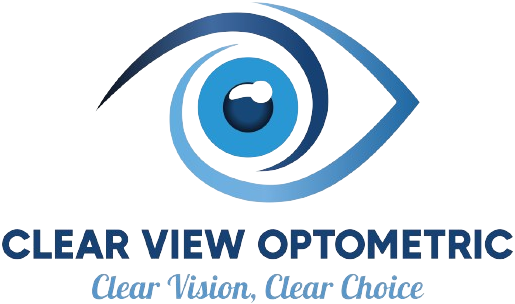495 E. Perkins St. Suite E
Ukiah, CA 95482

Children’s Vision Care: Early Detection and Intervention Techniques
The visual system is a critical component of a child’s learning and development, as much of what they learn comes from what they see. Detecting vision problems early and implementing intervention techniques can make a substantial difference in a child’s educational and social development.
Why Early Detection Matters
Children may not always realize when their vision is impaired. Unlike adults, they might assume everyone sees as they do, which is why routine eye exams are essential for catching issues that might otherwise go unnoticed. Early detection allows for timely intervention, preventing minor issues from becoming more severe. Correcting vision problems early also helps children develop better focus, concentration, and learning skills. Conditions like myopia (nearsightedness), hyperopia (farsightedness), astigmatism, and amblyopia (lazy eye) are commonly detected in childhood and are more manageable if addressed promptly.
Signs of Vision Problems in Children
Parents and caregivers can look for signs that might indicate a vision issue, such as:
• Frequent squinting or tilting the head
• Complaints of headaches, especially after reading
• Excessive eye rubbing
• Difficulty maintaining focus in class or while reading
• Sitting very close to the television or holding books too close
• Poor hand-eye coordination in sports or other activities
If you notice any of these symptoms, schedule an eye exam as soon as possible.
The Importance of Routine Eye Exams
The American Optometric Association (AOA) recommends that children have their first eye exam at six months, followed by another at three years old, and again before they start school. After that, regular exams every year help monitor changes in vision. During an exam, optometrists assess various aspects of a child’s vision, including depth perception, color vision, eye tracking, and focusing ability.
Common Intervention Techniques
For children diagnosed with refractive errors like nearsightedness or farsightedness, glasses or contact lenses can help correct their vision. Glasses are often preferred for young children as they are easier to manage and safer. Optometrists work with families to ensure the right fit and type of lenses for each child’s specific needs.
With the rising rates of myopia (nearsightedness) in children, particularly due to increased screen time and near work, many optometrists offer myopia management programs. These may include specially designed contact lenses, orthokeratology (overnight lenses that reshape the cornea), or low-dose atropine eye drops, which help slow the progression of myopia, reducing the risk of severe nearsightedness later in life.
For children with amblyopia, also known as lazy eye, a common treatment involves patching the stronger eye to encourage the weaker eye to improve. Consistent patching, along with vision exercises, can help strengthen the weaker eye and promote balanced vision.
Supporting Vision Health at Home
Parents can play a vital role in supporting their child’s vision by creating a healthy environment for their eyes. Limit screen time to prevent digital eye strain, encourage outdoor play to give their eyes a break, and ensure they have adequate lighting while reading or doing homework. Regular eye-friendly habits, such as taking breaks every 20 minutes when focusing on something up close (the 20-20-20 rule), can also prevent eye fatigue and promote healthy vision.
The Role of Optometrists in Children’s Vision Care
Optometrists specialize in evaluating and managing children’s unique visual needs. With regular exams and the right interventions, children can enjoy clear, comfortable vision that supports their growth and development. By working with parents, optometrists not only detect and treat vision issues but also educate families on how to maintain healthy vision habits.
Schedule Your Child’s Eye Exam with Clear View Optometric Today
Children’s vision care is an investment in their future. Early detection and timely intervention can help prevent minor vision issues from affecting their academic, social, and physical development. At Clear View Optometric, we are committed to offering comprehensive eye exams and a range of treatment options tailored to meet each child’s needs.
Schedule a pediatric eye exam with Clear View Optometric and give your child the clear vision they need to succeed in every area of life. Contact our office in Cloverdale or Ukiah, California, by calling (707) 207-8500 to book an appointment today.




